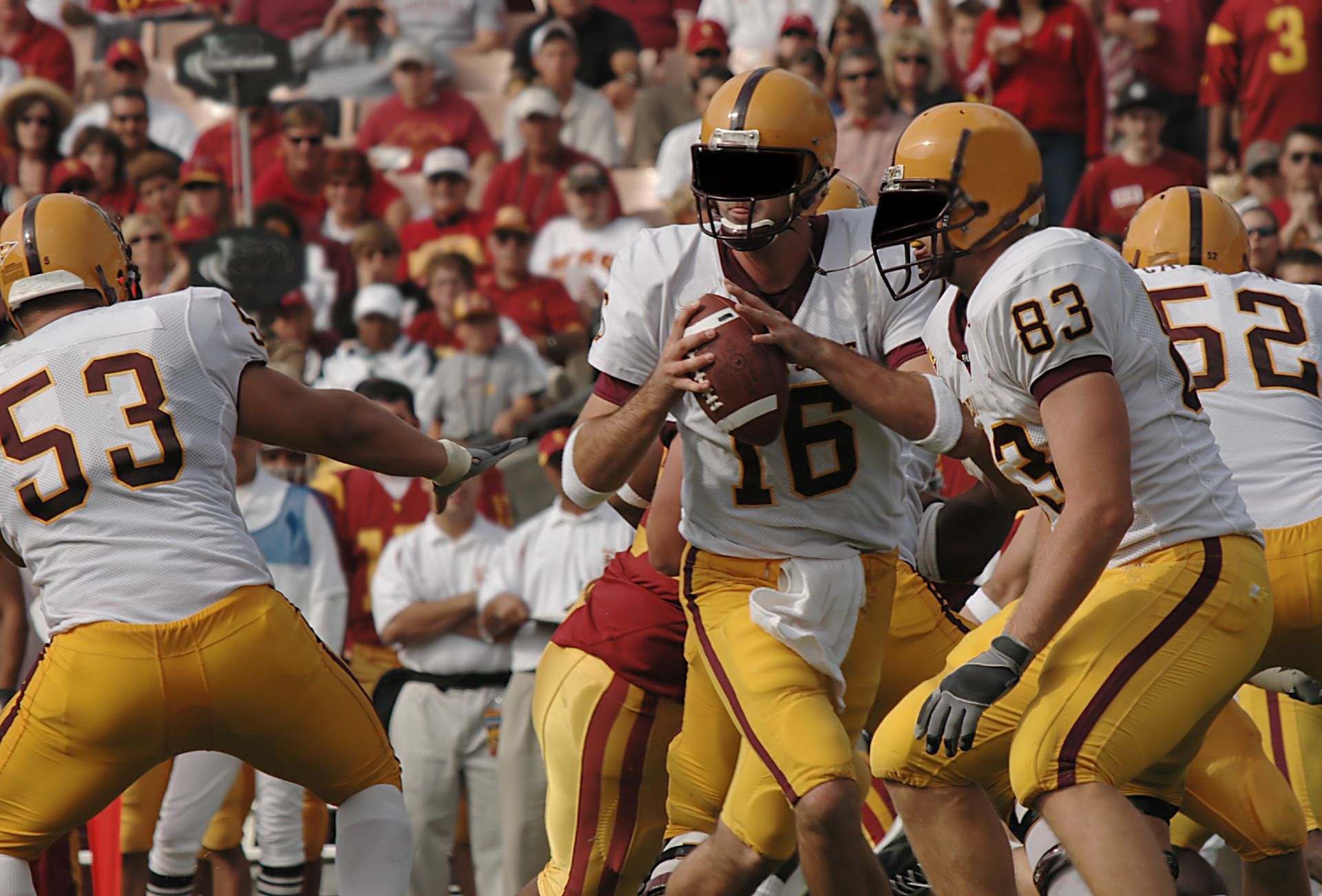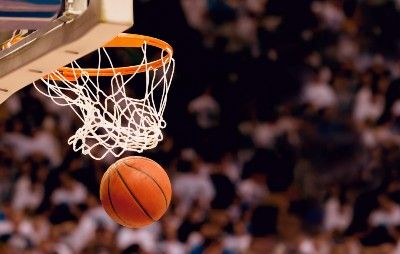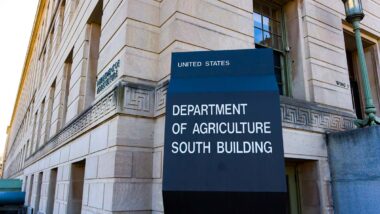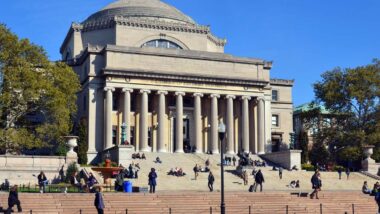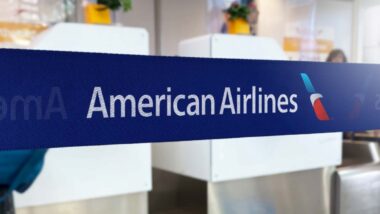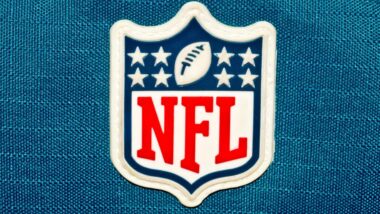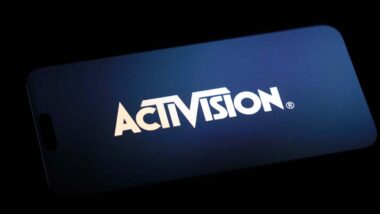Top Class Actions’s website and social media posts use affiliate links. If you make a purchase using such links, we may receive a commission, but it will not result in any additional charges to you. Please review our Affiliate Link Disclosure for more information.
The National Collegiate Athletic Association (NCAA) has been accused of racial discrimination in a new racial bias class action lawsuit filed by Black student athletes.
According to the student athletes, the racial discrimination at issue stems from the NCAA’s Academic Performance Program (APP). This NCAA program is responsible for penalizing student athletes and teams if their members do not meet set academic standards. Failure to meet these standards can result in banning the team from the postseason and other consequences.
Instead of basing these decisions on academic performance, the APP discriminates against Black student athletes, the plaintiffs say.
The program is 43 times more likely to ban a historically Black college and university from the postseason due to academics when compared to their actions against predominately white universities, according to the plaintiffs.
The NCAA Division 1 includes 350 schools — only 23 or 6.5% of which are historically Black colleges or universities, or HBCUs. Despite the small percentage of historically Black schools in the Division 1, these colleges and universities allegedly bear the brunt of the APP’s bans. Since 2010, 114 of the 159 banned from the postseason by the APP — or 72% of the banned schools — have been historically Black colleges and universities.
According to the three former and current Black athletes in the NCAA racial discrimination class action lawsuit, this is more than just a coincidence. The athletes argue that these statistics are a consequence of the NCAA’s racial bias.
“This substantial impact is more than a random or indirect consequence of the NCAA’s well-intentioned policies,” the student-athletes contend in their racial bias class action lawsuit. “One commentator called the APP ‘polite racism.’ We call it illegal.”
The NCAA allegedly has a long history of racism when it comes to their academic requirements.
Before desegregation in 1965, the NCAA reportedly had little to no academic requirements for its athletes. However, the organization later established academic requirements with the purported goal of increasing graduation rates and improving athlete academics.
Although these goals are positive for both schools and athletes, the racial bias lawsuit argues these standards have resulted in significant discrimination against Black students.
In the late 1980s, the NCAA reportedly established a minimum high school GPA requirement of 2.9 and a minimum SAT score of 700. A NCAA study from 1988 revealed that 80% of the students ineligible under these standards were Black students, the plaintiffs say.
Since then, the NCAA has allegedly adopted even stricter standards that put more and more pressure on Black student athletes at historically black colleges and universities.
According to the plaintiffs in the NCAA racial bias class action lawsuit, one of the most impactful changes occurred in 2004 when the NCAA created the APP and started to sanction schools based on academic performance.
“The formula on which the APP was based included metrics that the NCAA knew would directly and negatively affect Black student-athletes,” the NCAA racial bias class action lawsuit alleges.
“The NCAA had clear knowledge, purpose and intent to address the racial disparities through the newly reformed APP, fully recognized that the APP continued to perpetuate the disparities and implemented it anyway.”
The plaintiffs further argue postseason bans due to academic sanctions can have significant consequences for Black student athletes.
The inability to perform during the postseason can allegedly interfere with the students’ ability to receive full benefits and privileges from their contracts. Furthermore, failure to perform in the postseason means students may be denied the ability to play professionally as they become less visible to recruiters.
In a statement to NPR, a lawyer for the plaintiffs noted many historically Black colleges and universities, intentionally enroll low-income, first-generation and other historically disadvantaged students. Although this mission is an important part of HBCUs’ goals, the NCAA penalizes these schools for it, the plaintiffs maintain.
“And so HBCUs are already starting at lower graduation success rates, lower academic progress rates and yet they’re being held to the same benchmarks as predominantly white institutions who don’t have the mission [HBCUs do],” the plaintiffs’ attorney said in a statement. “The NCAA should be supporting the mission of HBCUs, not penalizing them for it.”
Have you experienced racial bias in your academic or professional life? Tell us your story in the comment section below.
The student athletes are represented by William N. Riley and Russell B. Cate of RileyCate LLC, Elizabeth A. Fegan and Jessica H. Meeder of Fegan Scott LLC and LaRuby May and Je Yon Jung of May Lightfoot PLLC.
The NCAA Racial Bias Class Action Lawsuit is Troyce Manassa, et al. v. National Collegiate Athletic Association, et al., Case No. 1:20- cv-03172, in the U.S. District Court for the Southern District of Indiana.
Read About More Class Action Lawsuits & Class Action Settlements:
- Will You Take the Coronavirus Vaccine? Most Say Yes, According to Recent Poll
- Class Action Lawsuit Claims Dickey’s Didn’t Protect Customers From Data Breach
- California Labor Law Violations: Overtime, Wages, Breaks Lawsuit Investigation
- How Can California Assembly Bill 218 Protect Sexual Abuse Survivors?

